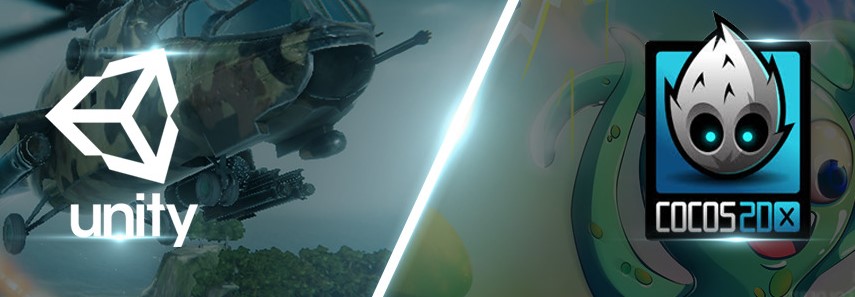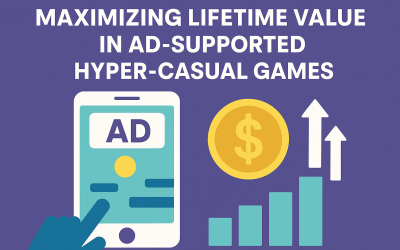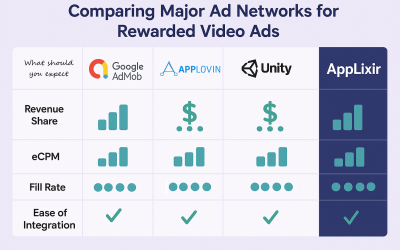Contents
Unity & Cocos Game Engines
Interested in designing games? It can be incredibly rewarding (and lucrative), but it is also a complex area with a lot of different variables. One variable you need to nail down at the beginning is which creation tool you’ll use.
In the world of game design, that means choosing the right game engine. Unity and Cocos2D are both popular engines, and each one has a wide user base, but which is right for your needs? We’ll explore what you need to know below.
An Introduction to Unity and Cocos Game Engines
Both Unity and Cocos2D can be used to design and create mobile games. That is, games designed for use on Android and iOS devices. To do so, you’ll need to download the game engine and install it on your computer after ensuring that your machine has the right resources to run the engine in the first place. You’ll need ample RAM and plenty of CPU and GPU processing power.
Unity is no stranger to the world of mobile game design. It has been around since 2005 and is perhaps the single most popular platform for independent mobile game design in the world today. In comparison, Cocos2D debuted in 2008 as a platform for Python games. It has since grown to support much more, including Swift, C++, and JavaScript.
The Pros and Cons of Using Unity
Pros
- 3D compatible
- Integrated design environment
- Built-in monetization option
Cons
- Complexity/learning curve
- Updates based on company goals
The Pros and Cons of Using Cocos
Pros
- Less complexity
- Community-driven updates
- Thriving designer ecosystem
- Built-in monetization option – AppLixir
Cons
- Less robust feature set
- No native ad monetization (till now)
Monetization & and Unity Game Engine
Unity allows game designers to monetize their creations by displaying ads. This allows developers to earn money without having to charge for their games or use in-app purchases. What’s more, these are rewarded ads. That means users have the opportunity to watch an ad to gain something of value in the game – a power-up, a better weapon, a level-up, gold/coins, etc. Rewarded ads are one of the most popular advertising options out there, and they’re popular with players, not just game designers.
Monetization and Cocos Game Engine
While you can monetize your game with Cocos2D, you’ll need to use AdMob’s integration solution. There is no native monetization platform for this game engine like there is for Unity. To make use of AdMob, you will also need to use the AnySDK platform (no other platforms are supported). While that might seem to limit, Google AdMob is one of the top mobile app monetization platforms in the world and offers many different ways to grow your ROI.
Conclusion
In the end, Unity is the more widely-used game engine. However, Cocos2D has its benefits. And, while Unity offers native rewarded ads right through the engine itself, Cocos2D allows you to take advantage of the benefits offered by Google AdMob, although you’ll need to use AnySDK rather than something else.



